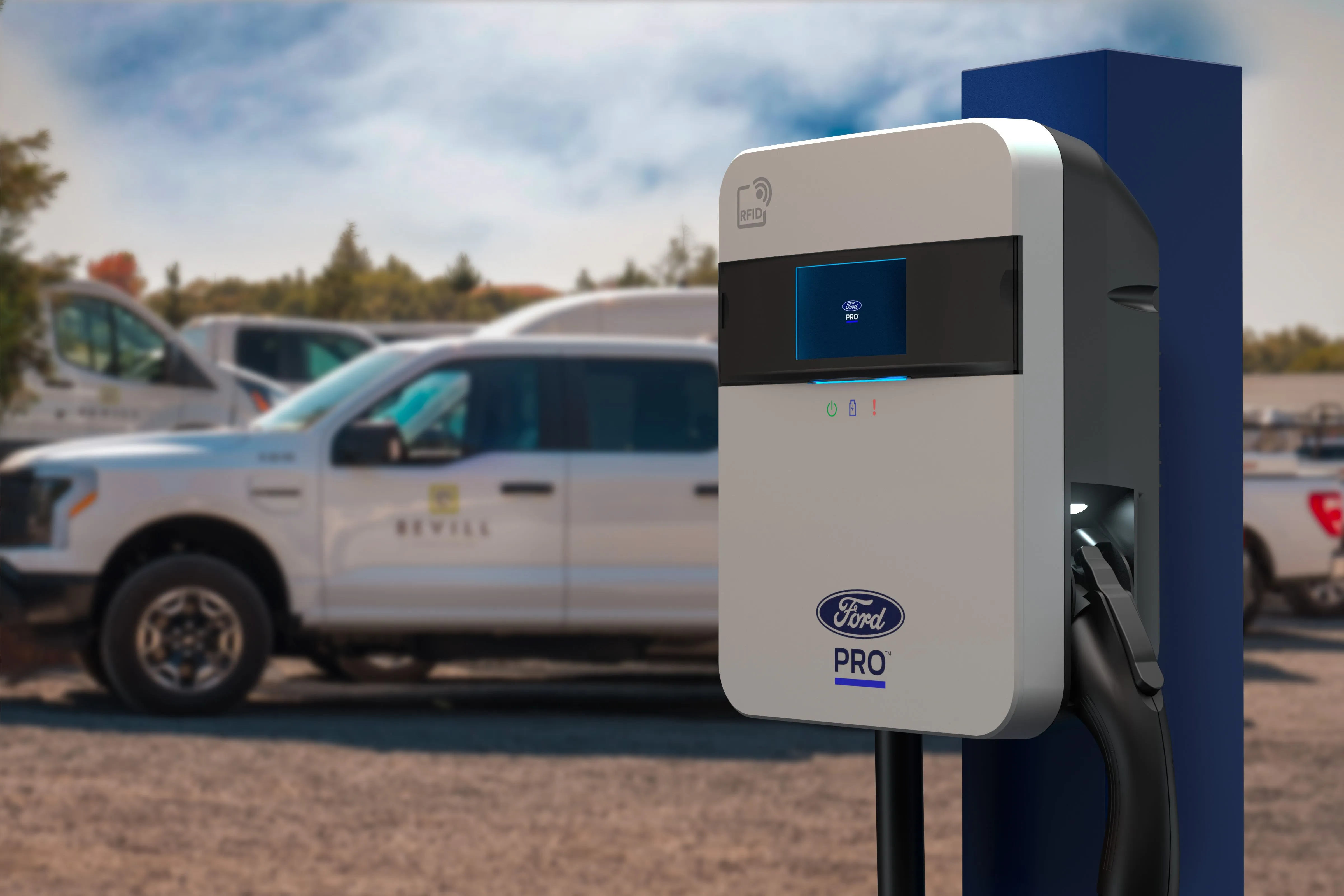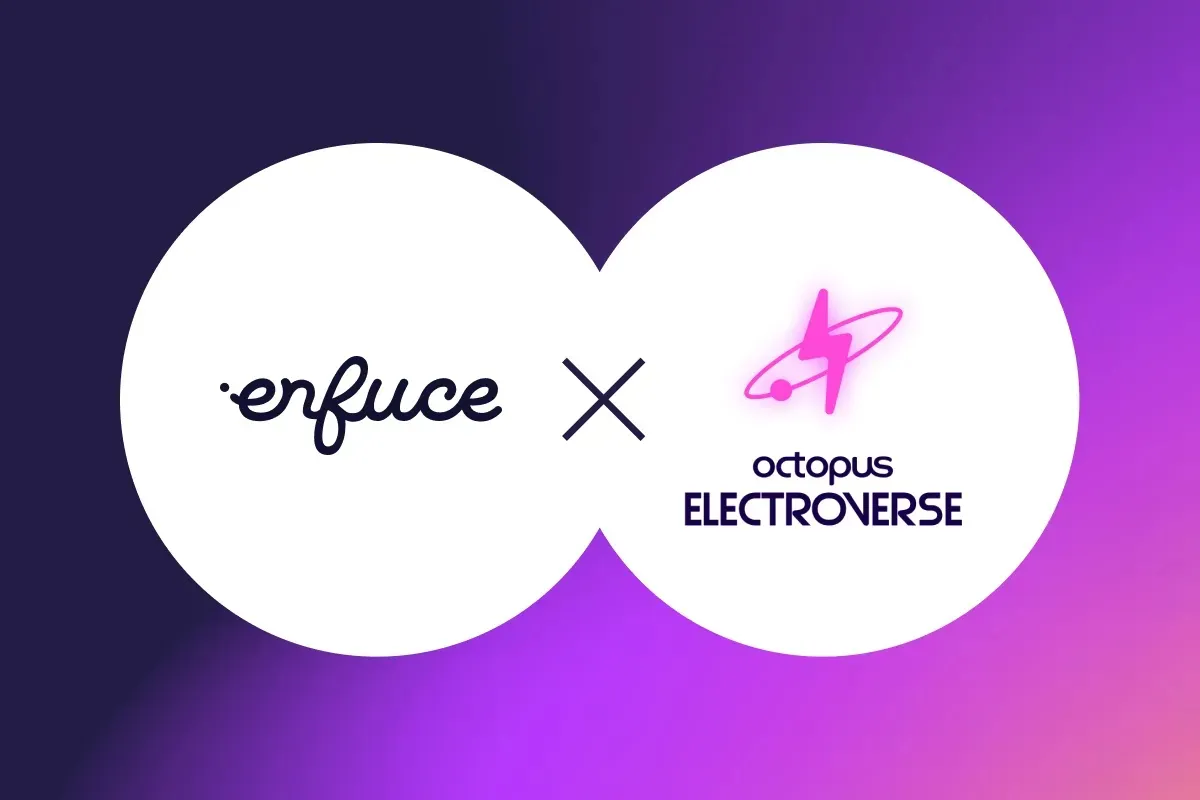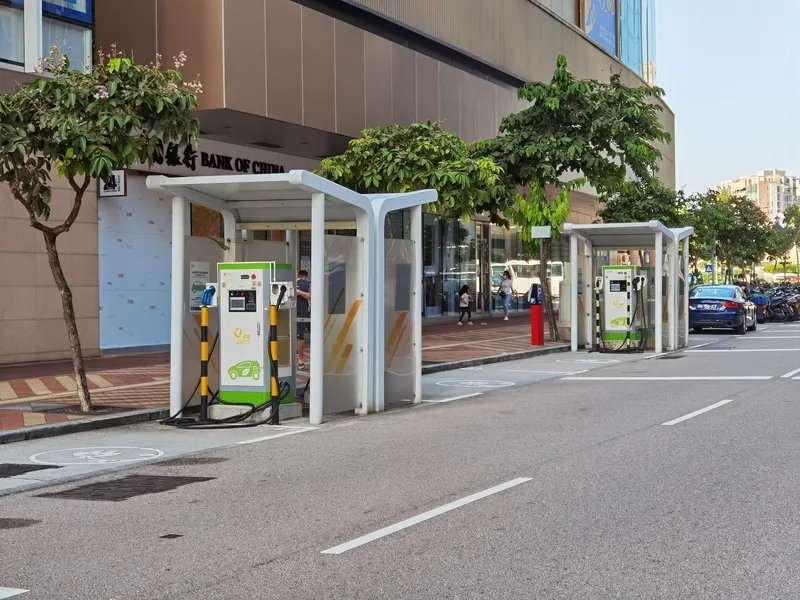
The new Series 2 AC Charging Station 80 amp and expanded DC Fast Charger options are designed for commercial vehicle use and packed with new features. Coupled with Ford Pro’s charging management software, the company provides a fully integrated solution that simplifies EV charging for both Ford and non-Ford electric vehicles.
“We’re committed to helping businesses make the transition to electric easy with a single-minded focus on curated commercial charging solutions,” said Ted Cannis, Ford Pro CEO. “With our tailored EV consulting and portfolio of charging hardware and software solutions, we can design, implement and operate solutions for Ford and other brands that will last for many years to come. And we are not afraid to tell customers when electrification is not yet a good fit and support them with other solutions.”
Ford Pro’s BEV Fit team offers available complimentary consulting to customers to help identify available incentives, consult on charging site design and construction, and collaborate with local utilities on energy needs.
Now available for pre-order, the Series 2 AC Charging Station 80 amp comes with features that simplify and help improve the charging experience at the workplace for fleet operators and their drivers.
The new Series 2 AC Charging Station 80 Amp is ISO-15118 ready and equipped to enable future functionality over the air such as advanced vehicle to charger communications that can identify and log when a specific vehicle connects. Ford Pro designed the new hardware to be ready for the future, so customers are better prepared for new electric vehicles and capabilities to come.
Ford Pro is also revealing extended DC Fast Charger options in 180kW and 240kW giving fleet operators and their drivers more versatility at their workplace with more power and shortened charge times. Aluminium pedestals feature an improved cable retractor and a sleeker look. The new Ford Pro DC Fast Chargers are available for pre-order now at ford.to/Series2ChargerPreorder.








